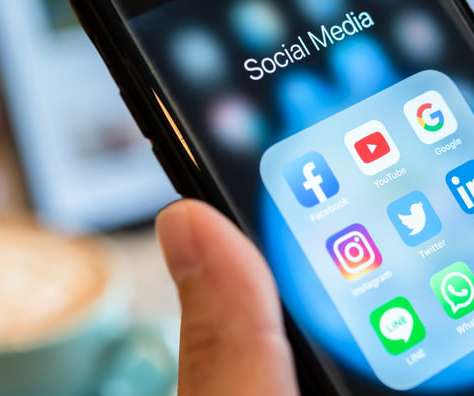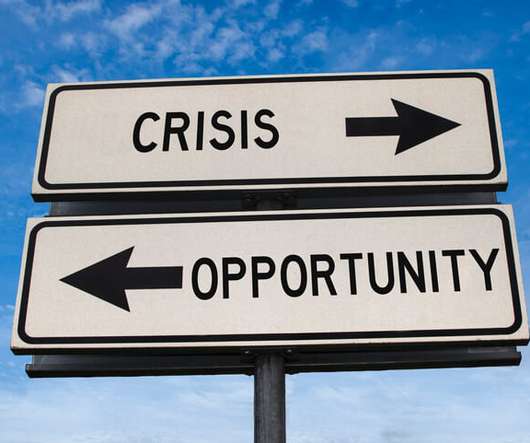Three Steps to Successful Crisis Communication
Melissa Agnes
FEBRUARY 16, 2016
Crisis communication is one of the most important aspects of your crisis management. In fact, whom you communicate with in a crisis, along with when and how you communicate with them, can mean the difference between successful crisis management and crisis management failure. Let me explain.





























Let's personalize your content